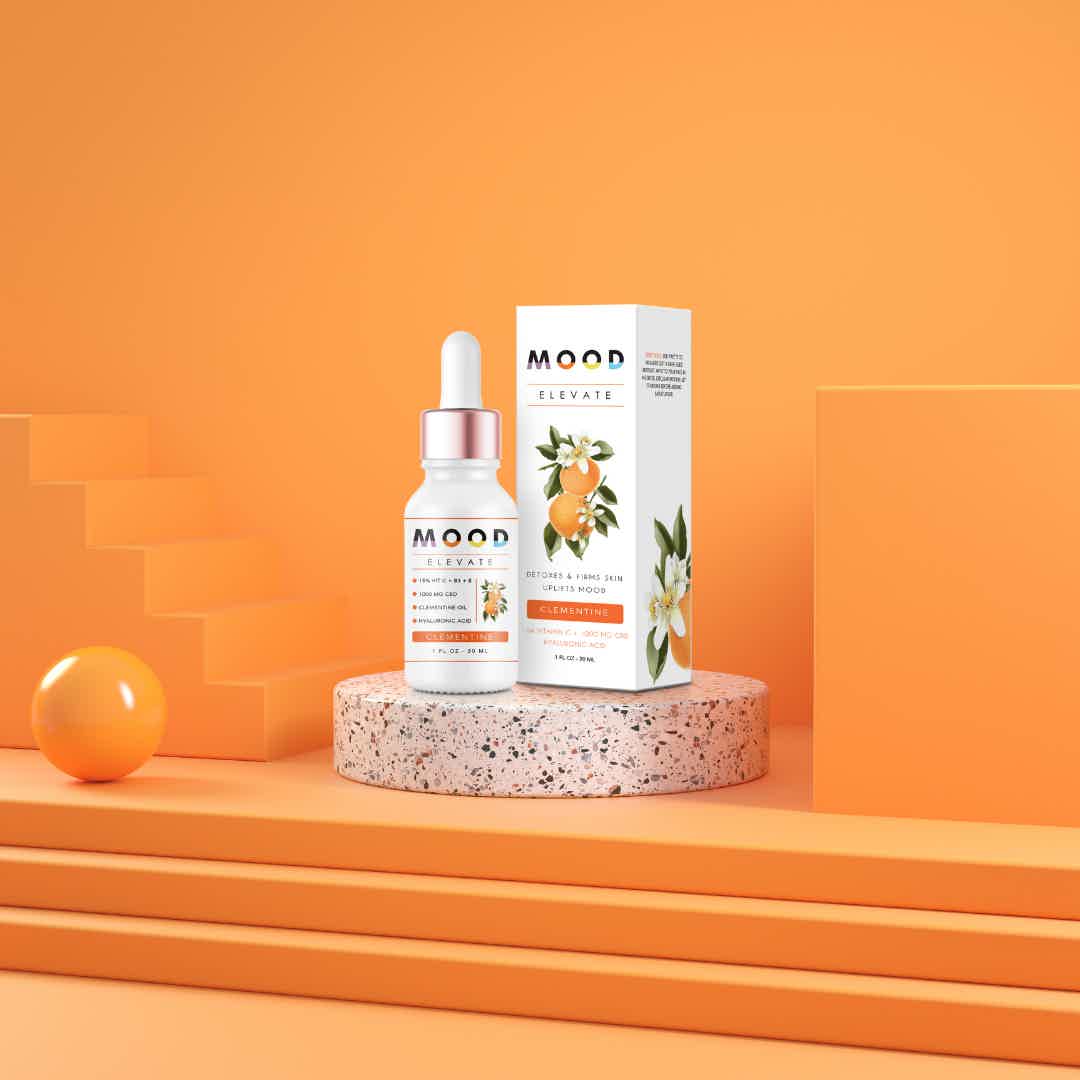Clean, Natural, Organic: Skincare Ingredients Explained
It's not surprising when confusion results in questions like:
Is natural better than synthetic?
Is it really organic? How organic?
Is everything not labeled "clean"... dirty?
Ultimately, your skin care products should be effective and safe.
Let's uncover what these labels really mean.
Clean Skincare
This is the one to regard the most. "Clean" typically indicates a safe, non-toxic product that avoids ingredients deemed harmful. At MOOD, we have a strict "NO LIST," which you can find here.
Companies offering clean skincare products sometimes also incorporate minimal or eco-friendly packaging, making the entire product clean for the skin and the environment.
Clean products also don't avoid synthetic ingredients, so long as they are safe. This helps ensure that the products are effective. You cannot always have fully natural, plant-derived products that will create the same results as synthetically-made ingredients.
One such ingredient is Hyaluronic Acid. While it can be derived from animal tissue, it can be even more effective when made in a lab. MOOD's best Hyaluronic Acid serum contains lab-made triple-weight HA, which makes it both clean and vegan while delivering hydration to multiple layers of tissue.
Natural Skincare
When considering using natural products, remember that poison is natural, too! Natural doesn't always mean "effective." It is also not interchangeable with clean.
Because "natural" is not regulated, any brand can call their product natural so long as at least one of the ingredients in the product is natural. Yes, if it contains "water," it can be called natural.
Uplift your skin and your mood with clean ingredients in

Organic Skincare
Out of the three popular labels, "organic" is the only one that is regulated.
It is closely watched by the FDA and the products must have at least 95% of their ingredients grown without synthetic involvement, including pesticides, GMOs, and fertilizers.
While any brand can label their product as organic (and risk being fined by the FDA if they are not), the USDA certified organic label can only be gotten through accredited third-party testing and certification.
*These statements are found to be accurate as of the time this blog is published.
Except where otherwise indicated, statements regarding products have not been evaluated by the Food and Drug Administration. This product is not intended to diagnose, treat, cure, or prevent any disease.
